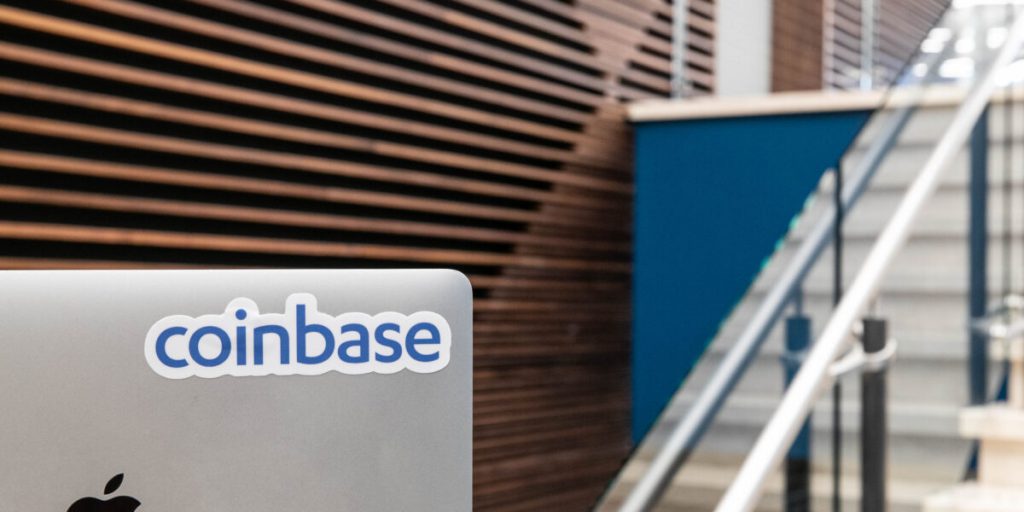Courtesy: https://www.coinbase.com/
- Coinbase has announced that it will label some assets it considers risky as experimental as it claims to strive towards being more transparent.
- On Monday, the exchange said it would block 25,000 cryptocurrency addresses that it says are linked to Russians or people involved in illegal activities.
Should crypto exchanges ban Russian users? This has remained one of the most contentious issues in crypto of late as the eyes of the world turn towards the geopolitical tensions between Russia and Ukraine. Coinbase, Kraken, KuCoin, and Binance have all made it clear they won’t ban Russians as crypto stands for freedom. However, on Monday, Coinbase announced that it had blocked 25,000 crypto addresses linked to Russians and other illegal entities.
Brain Armstrong has been quick to defend his exchange’s decision to keep serving Russians, saying that the ordinary Russian shouldn’t be punished for the decisions made by their leader.
Read More: Coinbase CEO: We will still not block Russian accounts unless the gov’t says so
However, in a blog post yesterday, chief legal officer Paul Grewal claimed that Coinbase fully supports all the sanctions being imposed on Russia, saying they play a vital role in deterring unlawful aggression and promoting national security.
The California exchange is playing its role to crack down on Russia, Paul said. This includes blocking access to sanctioned actors, which it enforces through its KYC program and the help of an independent vendor. This has allowed it to block access to not just individual actors but also people located in Syria, North Korea, Iran, and Crimea.
Coinbase also anticipates threats and acts accordingly to curb them, Paul claimed. In one instance, when the U.S sanctioned a Russian individual in 2020 and identified three blockchain addresses tied to him, the exchange used advanced analytics to identify up to 1,200 other addresses all linked to him. It then added them to its internal block list.
Paul further shared:
Today, Coinbase blocks over 25,000 addresses related to Russian individuals or entities we believe to be engaging in illicit activity, many of which we have identified through our own proactive investigations.
However, the exchange pointed out that all these addresses aren’t linked to the invasion and that many of them had been identified prior to that.
“Coinbase helps everyday people to protect, build, and share their wealth through crypto technology. At the same time, we vigorously work to promote security, safety, and transparency on our platform, including through our commitment to sanctions compliance,” he concluded.
In a separate blog post, the exchange further claimed that it’s seeking to become more transparent. One of the steps it’s taking towards this is letting its users know which assets are riskier than others.
Since it lists some assets that are newly-created, some may come with additional trading risks, acknowledged Ishan Wahi, the product manager.
Our goal is to be as transparent as possible with our customers regarding trading risks, so we are introducing a new experimental label on asset pages and a disclosure when executing trades for some assets. Customers will now begin noticing this label and other transparency initiatives across Coinbase today.


